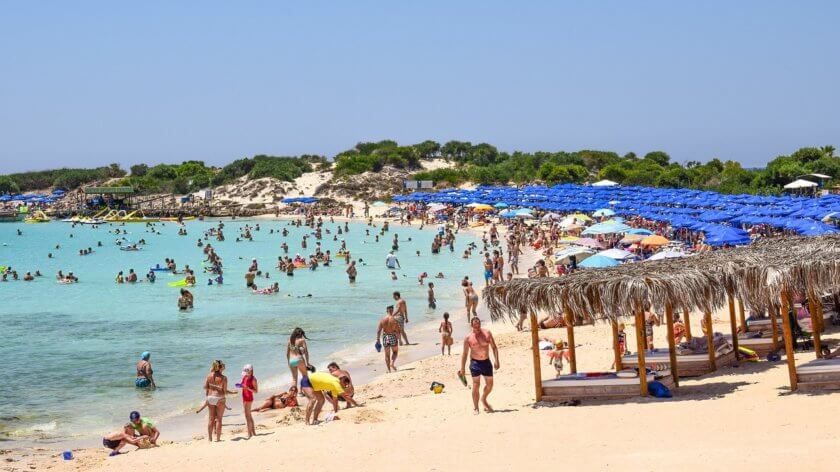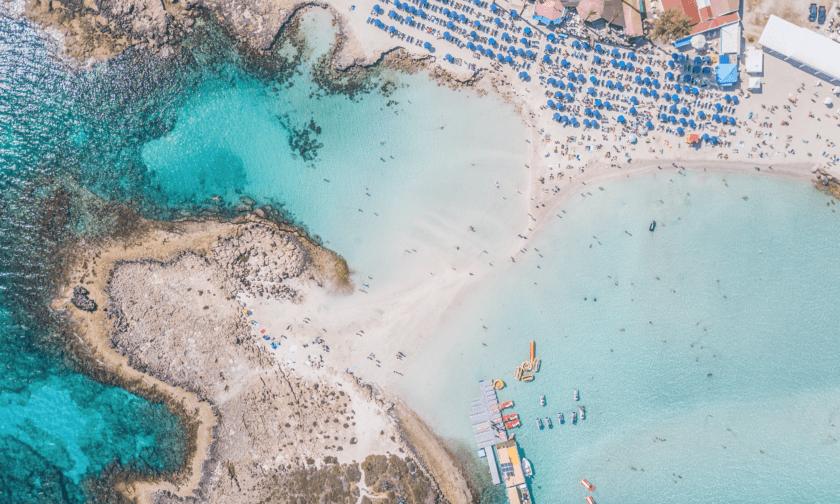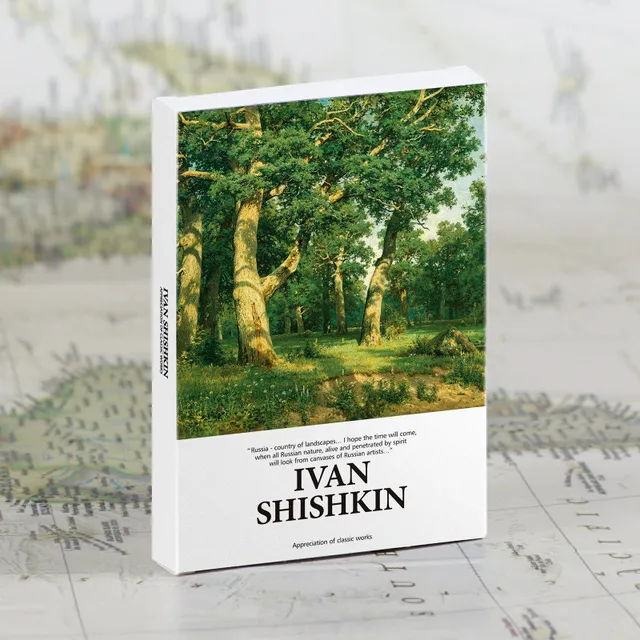Up until my mid-teens, I never really realized that I was living in a holiday destination as spending my summers by the beach and sharing holidays with tourists was all I knew. Thinking back, it probably hit me when I left Cyprus to go to university abroad and I found myself talking about my island’s warm weather, blue waters and popularity amongst travellers that I realized Cyprus comes to life over the summer, a.k.a. when tourists are there.
At first, I was proud to live in what others consider a summer paradise and I still am grateful, yet as I began to cherish tradition and cultural identity, I feared Cyprus was losing its own. Over the years, I started to notice how much in my country is oriented around the tourist experience and those in the travel industry go above and beyond to satisfy the needs of travelers, which got me thinking.
Living in a place where thousands vacation every year can feel strange, cool, lucky and sad all at the same time. Taking Cyprus as an example, I decided to observe my life on the island, how tourism affects locals going about their daily grind and share some thoughts on what it’s like to live in a such a tourism-dependent country.

With a quick Google search, you’ll see that pristine blue waters are mainly what come up when researching Cyprus yet as locals, life extends way beyond the beach. Come to think of it, there are only a couple of months locals get to enjoy the coastline carefree before it overspills with tourists and other residents. Living in a tourist hub, often means that when you’re on holiday, chances are that thousands of other vacationing souls want to visit as well, so places are nearly always packed.

With an economy that feeds off of tourism, there’s always a risk that it can crumble in the blink of an eye. After Nepal’s 2015 major earthquake, its tourism dropped significantly and it just goes to show how a destination’s economy can suffer when its main income is the travel industry.
As the demand grows, services and landscapes are created to accommodate that need for more and the industry in Cyprus seems to focus more on making the tourists happy rather than the citizens. From that need, a fear arises of being globalized and losing a place’s identity. The Greek islands are very good at fighting that as not only have they maintained a character but they’re also promoting it so that it’s now become its selling point.
It’s disheartening to see that in Cyprus menus are almost never in the local language, franchises lurk over local businesses and skyscrapers have begun to stick out like a sore thumb. Urban development branches out to accommodate more tourists, more experiences and bigger hotels yet that threatens natural life greatly. With the island’s coast being a major selling factor, seaside towns seem to be more developed and inland cities underdeveloped yet truth is, many of these decisions depend on a country’s strategies and where they choose to put their focus.

So, this article isn’t meant to be a charge on tourism but a look at how it’s being used and its impact, whether that’s good or bad. And it’s not all doom and gloom.
Over the years I’ve hosted numerous friends who wanted to come to visit so playing the role of the tour guide is not uncommon and I’ll admit that it’s a refreshing way to look at your home country through new eyes and mindsets.
Having access to experiences others have to pay for and travel far to get, all year round is another big plus and there’s a positive side to everything. Overcrowded beaches mean that inland cities are almost empty over the summer so you can enjoy the city traffic-free and all to yourself. It’s also encouraging to see that new venues, events and experiences are being created that feed the needs of the locals, without meaning of course that foreigners and everyone else aren’t welcome.

There’s a fine line between boosting and promoting a destination’s beauty and selling your soul to the tourism giants. Finding a balance is hard and there are a dozen factors that influence it. What we can do is be conscious of it, talk about it and take action. Maybe you can visit off-peak season for cheaper flights and less crowds, and opt for adventures that help local businesses and most importantly respect a country’s culture, landscape and beliefs wherever you go.
What do you think? How can a country use its tourism to its benefit without losing its sense of identity and hurting the local community? And if you too live in a destination that depends on tourism what do you love/dislike about it? I’d like to hear your thoughts in the comments below!





























